1. Compassion to Action™ (6hr)
Description:
This 6-hour training explores how mental health in the workplace can be promoted and sustained through increased awareness, compassionate inquiry, and self-sustainability practices. This module will help professionals understand the spectrum of mental health and wellness and identify warning signs of mental languishing for themselves and their colleagues. Participants will be empowered to re-examine their experiences using everyday language and vocabulary and learn how to support mental health in the workplace by translating compassion into action. Participants will gain practical tools and protective strategies to care for their mental health and minimize the experience of fatigue that can come from working in challenging environments.
Objectives:
- Explore concrete tools and strategies to sustain and support self and their staff/colleague’s mental health. Promote wellness and compassion for self and others.
- Employ relevant mental health vocabulary to ground workplace experiences and guide the conversation surrounding behaviours to look for in colleagues and self.
- Improve self-awareness through reflective activities.
Options:
Compassion to Action™ (3hr)
Customized content for organizational context. For example: security, transit workers, first responders, social workers, etc.
2. Intergenerational Wisdom (12hr)
Description:
This 2-day training will focus on reframing the narrative around intergenerational trauma to reflect wisdom and understanding. It creates a brave and open space for individuals to engage with Indigenous ways of knowing and activities to understand the incredible resilience passed down through generations despite the trauma experienced. Topics Include residential schools, the 60s and millennials coop, vicarious trauma, and modes of trauma transmission. The training focuses on collective resilience and the transmission of strength and hope. Indigenous ways of knowing, storytelling, re-learning culture, creating relationships, and maintaining oral traditions are covered. The training will end with a collective reflection on what has been learned and what can be done to continue to break the cycle of trauma. This training was created through meaningful contributions from Elders and Knowledge Keepers across the province of Alberta, who generously provided hours of interviews and conversations to gift us with their wisdom, artwork, and experience.
Objectives:
- Build awareness about the trauma experienced by Indigenous peoples through stories, interviews, and artwork shared by Indigenous individuals.
- Understand the various ways trauma is passed on through generations and the role trauma is still playing in Indigenous communities.
- Explore the various ways intergenerational wisdom contribute to healing opportunities and resilience building.
- Reflect on the wisdom shared and the following steps to break the cycle of trauma. Carry intergenerational wisdom forward to successive generations.
3. Transforming Practice through Trauma-Informed Principles(12hr)
Description:
Trauma is part of the human experience, and working from a trauma-informed lens acknowledges the prevalence of trauma within the population. As such, educators, first responders, social workers and front-line support staff can anticipate that they will often serve individuals who have experienced or been affected by trauma. This two-day foundational training acknowledges the prevalence and significant impact of trauma in an individual's life and aims to inform service providers on how to apply a trauma-informed lens to their current practice. Learning to deliver services in this way will allow service providers to appreciate the context in which their clients live without contributing to these traumatic experiences. Trauma informed care aims to provide services in ways that recognize the client’s need for emotional and physical safety, as well as provide the opportunity for client choice, control and collaboration in one’s own support and services provided.
On day two, explore how working in human service creates the potential to experience burnout and empathy strain related to the traumatic stories and events experienced by others. It is important to care for the caregivers that work with individuals living with trauma. This session focuses on the positive potential of working through vicarious trauma response toward vicarious resilience and post traumatic growth. Leading to the understanding that the strength is in the struggle.
Objectives:
- Define trauma and understand the different types of traumas.
- Identify the signs and symptoms of trauma.
- Understand the impacts and effects of trauma.
- Explore the principles of trauma-informed approaches, including Awareness, Safety, Trustworthiness, Choice and Control, Collaboration and Connection, and Strength-Based Approach.
- Explain the elements of vicarious trauma and how they have the potential to create an imbalance in the sustainability of work and personal energy.
- Discover The transformation from vicarious trauma response to post-traumatic growth.
- Discuss Tools and wisdom around emotional intelligence and resilience as ways of supporting strength-based relationships in individual and collective growth within the professional setting.
- Explore the Indigenous Theory of two-eyed seeing as a mindset and tool that can support healing and understanding related to vicarious trauma.
Options:
Transforming Practice through Trauma-Informed Principles(6hr)
Vicarious Trauma to Vicarious Resilience within Professionals(6hr)
Related:
Becoming a Trauma-InformedOrganization (3hr)
Trauma-Informed De-escalation Strategies(TIDeS)™ (6hr)
Intergenerational Wisdom (12hr)
4. Trauma-Informed De-escalation Strategies(TIDeS)™ (6hr)
Description:
This Full-day training is designed to provide participants with critical skills in using trauma-informed de-escalation strategies. Research shows that trauma is highly prevalent in the general public and will likely play a role in interactions with an escalated individual. TIDeS™ not only considers the trauma of the escalated individual but also the person providing support. Participants will take a deep dive into assessing their own attitudes, boundaries, communication styles, and debriefing strategies. There is a focus on prevention and long-term reduction of crisis situations. Intended for all areas of the community, this training provides a universal trauma-informed approach to de-escalation.
Objectives:
- Understand the basics of trauma-informed care and the principles of de-escalating a potential crisis.
- Develop skills in assessing attitudes, setting boundaries, and communicating effectively.
- Utilize trauma-informed de-escalation strategies to encourage safe connection.
- Explore the application of strategies in different demographics using case studies.
- Learn strategies for debriefing following a crisis.
Related:
Compassion to Action™ (6hr)
Navigating Challenging Conversations(6hr)
Understanding Unconscious Bias(6hr)
5. Stepping Up: Trauma-Informed Leadership (12hr)
Description:
This Two-day foundational training explores the Trauma-Informed Practicesfor Leaders. Participants will unpack the following and put them into the context of leading teams or organizations through challenging times. We will examine how the trauma-informed principles of creating safety, offering choice and control, and being strength based can build trusting relationships and solid organizational culture.
This Is an experiential training session where participants will actively explore their personal leadership strengths and opportunities for growth through hands-on activities, reflective exercises, and case studies. It's Intended for anyone in the human services sector aspiring to foster and solidify their own brand of inspiring leadership. The objective for this training is to move leaders from information to transformation. Explore the elements of leadership through the lens of knowledge (know), action (do) and intentionality (be). Looking at leadership competencies in this way supports leaders' ability to implement practices in their everyday interactions.
Objectives:
Initiate, imagine, innovate, influence, and ignite the potential of your team, your organization and your community through a passionate inquiry of your leadership.
Initiate: How do you find your voice and set an example that inspires others?
Imagine: How do you envision a future and enlist your team in that shared vision?
Innovate: How do you search for opportunities, take risks and transform challenges into "Fail Forwards"?
Influence: How do you strengthen your team's ability to perform and foster collaboration internally and externally?
Ignite: How do you recognize contributions and celebrate values and victories on your team?
Options:
Customizable for organizational context.
Related:
Supporting Neurodiversity in the Workplace (3hr)
Strategies For Reflective Supervision (6hr)
Contact us
Address
7 Sir Winston Churchill Sq NW, Edmonton, AB, Canada
780-428-9465
info@imagineinstitute.ca


